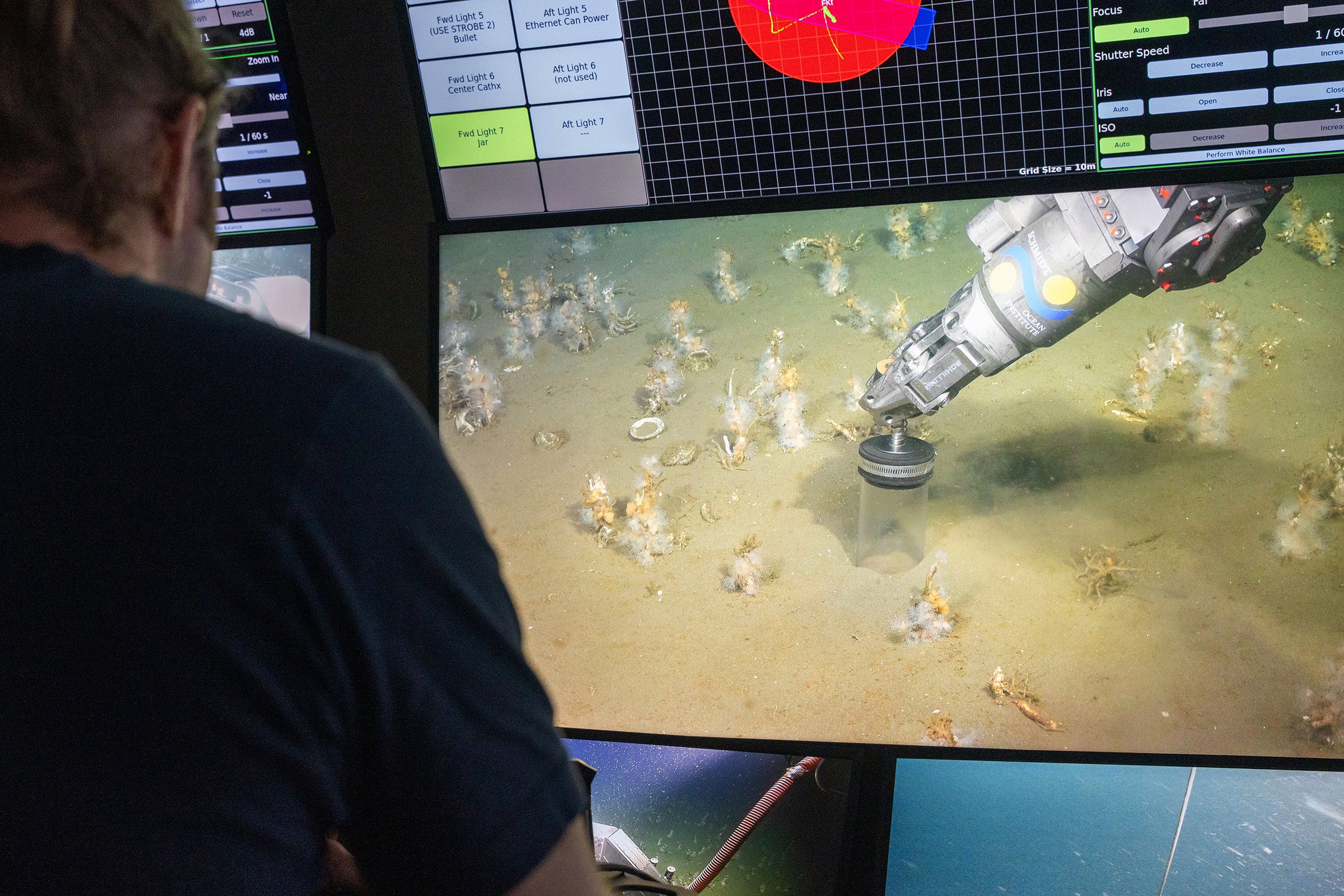News: Postdocs
Read the latest news from the College of Natural Sciences at The University of Texas at Austin
A Break in a Longstanding Mystery about Origin of Complex Life
Breathe easy. It appears our microbial ancestors used oxygen, too.

UT Biodiversity Center
Announcing the 2025 Stengl-Wyer Scholars, Fellows and Grant Awardees
Stengl-Wyer Endowment-supported researchers and research at UT Austin will explore life in a variety of forms and environments.

UT Biodiversity Center
Prickly Pear Cactus Moth Invasion Expands in Texas
Researchers have a key update on work to fight invasive moths capable of decimating native Texas prickly pear.

Frontier Fellows Tackle Humanity’s Biggest Question: Where Do We Come From?
The inaugural class of Cosmic Frontier Center postdoctoral fellows will study black holes in early galaxies and the formation of the first stars.

Postdoctoral Fellow Receives Inaugural NAS Science Communication Award
Arianna Long of UT Austin has been recognized for her communication of research on the evolution of the universe.

UT News
Wide View of Early Universe Hints at Galaxy Among the Earliest Ever Detected
Two new images from NASA’s James Webb Space Telescope show what may be among the earliest galaxies ever observed.

UT News
Holy Bat Memory! Frog-Eating Bats Remember Ringtones Years Later
Frog-eating bats trained to associate a phone ringtone with a tasty treat remembered what they learned for up to four years in the wild.

Some Trees May Play an Outsized Role in the Fight on Global Warming
A new study shows that nitrogen-fixing trees could help forests remove more heat-trapping COS from the atmosphere than previously thought.

New Gravitational Wave Catalog Reveals Black Holes of ‘All Shapes and Sizes’
In a paper published Nov. 7th on the preprint server ArXiv, the team has detected a further 35 gravitational wave events since the last catalog release in...

New Model Reveals How Chromosomes Get Packed Up
The first theoretical model of condensin, a molecular machine involved in packing and unpacking chromosomes, accurately reproduces all known experiments with just two parameters.

